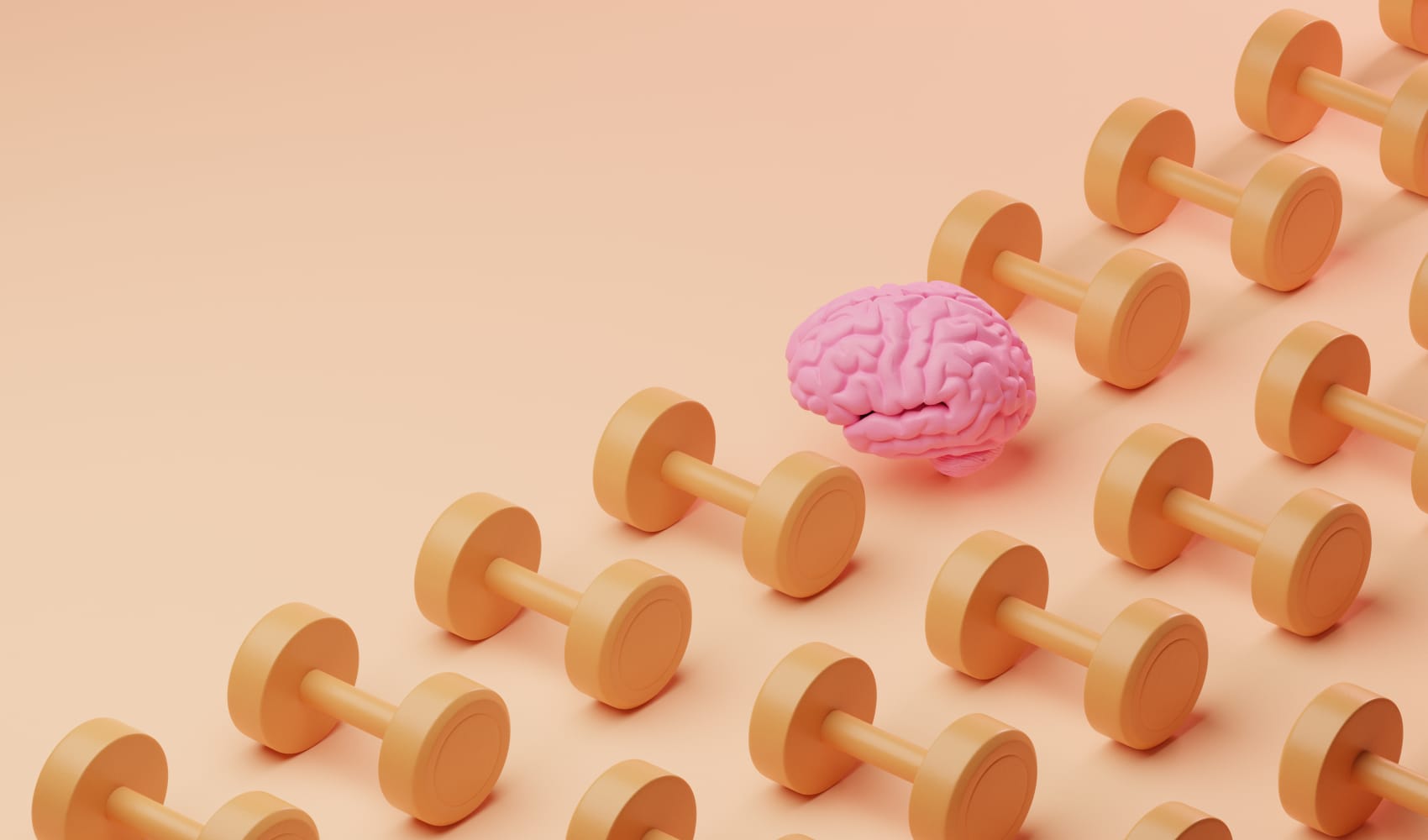Boost Happiness: How Many Shared Meals Per Week?
Unlock Happiness: Sharing Meals Boosts Life Satisfaction
The Power of Shared Plates: An Introduction
Ever feel a little down in the dumps? Or maybe just…meh? What if I told you a simple habit could significantly boost your life satisfaction? We're not talking about winning the lottery or finding the perfect avocado. We're talking about sharing meals! It turns out, something as fundamental as eating lunch and dinner with others can have a profound impact on our well-being. Studies even show an "uptick in life satisfaction" correlated with shared meals. But how many meals are enough? Let's dive in and discover the magic number.
The Loneliness Epidemic: Are We Dining Alone Too Much?
In today's fast-paced world, it's easy to fall into the habit of grabbing a quick bite at our desks or microwaving something for one. It's convenient, sure, but is it making us happy? Apparently not as much as we think! The research says there's a "54% increase in dining alone" in the U.S. That's a huge jump, and it begs the question: are we sacrificing social connection for the sake of efficiency?
The American Mealtime Reality: 3.2 Lunches a Week? Really?
According to the 2025 World Happiness Report (and let's face it, we all want a piece of that happiness!), Americans eat just 3.2 lunches per week with other people. That seems shockingly low, doesn't it? We're a social species! We thrive on connection! So, what gives? Are we too busy? Too stressed? Too addicted to our screens?
Global Mealtime Traditions: A Taste of Connection Around the World
Sharing meals is a global tradition, as deeply ingrained in some cultures as the air they breathe. Look at Senegal, where folks share a whopping 11.7 out of 14 lunches and dinners each week! Sweden clocks in at a respectable 9.5. The U.S. with 7.9 doesn't do bad, but Japan lags behind with only 3.7 shared meals. These numbers aren't just statistics; they're glimpses into different approaches to social connection and well-being.
The Optimal Level of Social Eating: Finding Your Sweet Spot
"There's an optimal level of social eating," says Jan-Emmanuel De Neve, editor of the World Happiness Report. So, what *is* that optimal level? Unfortunately, there's no one-size-fits-all answer. It depends on your personality, your lifestyle, and your cultural background. But the key takeaway is that actively making an effort to share more meals can significantly improve your happiness.
Why Shared Meals Matter: The Science Behind the Smile
The Psychological Benefits
Sharing meals isn't just about filling your stomach; it's about nourishing your soul. Think about it: when you eat with others, you're engaging in conversation, sharing stories, and building relationships. These social interactions release endorphins, those feel-good chemicals that act as natural mood boosters. Eating alone, while sometimes necessary, can lead to feelings of isolation and loneliness, impacting your mental health.
The Physical Benefits
Believe it or not, shared meals can also benefit your physical health. Studies have shown that people who eat with others tend to eat more slowly and mindfully, leading to better digestion and weight management. Plus, when you're enjoying good company, you're less likely to overeat or reach for unhealthy comfort foods. Think of it as built-in portion control!
The Social Benefits
Sharing meals strengthens bonds and creates a sense of community. Whether it's with family, friends, or colleagues, breaking bread together fosters connection and belonging. These relationships provide emotional support, reduce stress, and improve overall quality of life. It's like a social superfood!
Beyond Family Dinners: Expanding Your Shared Meal Circle
Don't limit yourself to just family dinners. Think outside the box! Invite a coworker to lunch, organize a potluck with friends, or join a community supper club. The possibilities are endless! The key is to be proactive and create opportunities for social eating in your life.
The Art of Mindful Meal Sharing: Savoring the Connection
It's not just about the food; it's about the experience. Put away your phone, turn off the TV, and truly engage with the people around you. Listen attentively, share your thoughts and feelings, and savor the moment. Mindful meal sharing is about being present and appreciating the connection.
Making Time for Shared Meals: It's an Investment in Your Well-being
I get it. Life is busy. But consider this: making time for shared meals is an investment in your well-being. It's an opportunity to recharge, reconnect, and nourish your body and soul. Think of it as preventative medicine for loneliness and a potent happiness booster.
Overcoming Obstacles: Tips for Sharing More Meals
Schedule it in
Just like you schedule meetings and appointments, schedule shared meals into your calendar. Treat them as non-negotiable commitments. Proactive scheduling makes it more likely that you will actually share a meal with someone.
Start small
Don't feel pressured to host elaborate dinner parties. Start with small, simple gatherings. A casual lunch with a friend or a quick coffee break with a coworker can make a big difference.
Be flexible
Shared meals don't have to be formal affairs. A picnic in the park, a food truck rally, or even sharing appetizers at a bar can all count. Keep the tone relaxed and casual.
The Long-Term Impact: Building a Happier, Healthier Life
The benefits of shared meals extend far beyond the immediate enjoyment of the food and company. Over time, regular social eating can lead to a stronger sense of community, improved mental and physical health, and a more fulfilling life. It's a simple habit with profound and lasting effects.
Small Changes, Big Results: The Power of One Extra Meal
Okay, so maybe you can't suddenly transform your life and eat every meal with others. That's okay! Even adding just one or two extra shared meals per week can make a noticeable difference. Start small, be consistent, and watch your happiness levels soar. Think of it like compound interest, but for your well-being.
Conclusion: Share a Meal, Share the Joy
Sharing meals isn't just a nice-to-have; it's a necessity for our well-being. From boosting our mood to strengthening our relationships, the benefits of social eating are undeniable. While the optimal number of shared meals may vary from person to person, the key takeaway is to prioritize connection and make an effort to share more meals with others. So, go ahead, invite someone to lunch, plan a dinner party, and experience the joy of shared plates. You (and your happiness levels) will thank you for it.
Frequently Asked Questions
Q: How do I overcome feeling awkward when eating with new people?
A: Start with small groups and familiar settings. Focus on asking open-ended questions to spark conversation and actively listen to their responses. Remember that most people also feel a little awkward in new social situations, so be patient with yourself and others.
Q: What if I have dietary restrictions? Will that make sharing meals difficult?
A: Communicate your dietary needs clearly and in advance. Suggest restaurants with diverse menus or offer to bring a dish that you can enjoy. Many people are accommodating and understanding of dietary restrictions.
Q: I'm an introvert. How can I make shared meals less draining?
A: Limit the duration of the meal and choose smaller, more intimate settings. Let your companions know that you need some quiet time afterward to recharge. It's perfectly acceptable to prioritize your own needs while still participating in social activities.
Q: What if I'm short on time? Are there quick and easy ways to share meals?
A: Opt for simple meals like salads, sandwiches, or takeout. Share a quick coffee break or a snack during your lunch break. Even a few minutes of social interaction can make a difference.
Q: How can I encourage my family to eat more meals together?
A: Establish a regular mealtime routine and make it a screen-free zone. Involve everyone in meal planning and preparation. Create a welcoming and enjoyable atmosphere where everyone feels comfortable sharing their thoughts and feelings.



